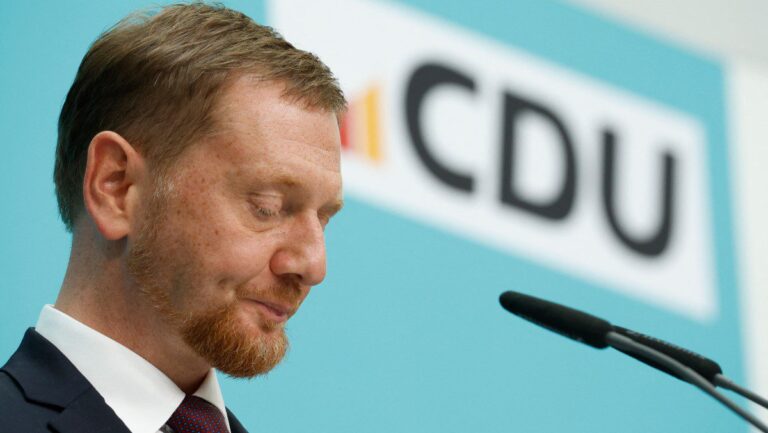Senior White House advisor on green energy John Podesta defended the use of protectionist policies against Europe. He made the comments in an interview with the Financial Times, where he defended U.S. efforts to rebuild America’s industrial base.
Podesta remarked that America would make “no apologies” for directing American money into creating American jobs, and that it was incumbent on Europe to manage its economic future:
We hope that the European industrial base will succeed, but it’s up to Europe to do some of the work … We’re not going to do that all for them.
Such a stand feeds a growing rift between Washington and Brussels over the Inflation Reduction Act (IRA), which promises $369 billion in subsidies and tax breaks to the American green industry in what some commentators have labelled a threat to Europe’s economy.
Podesta, who was an advisor to both the Clinton and Obama administrations, said the United States had not focused on its industrial base enough since the advent of globalisation and had developed an unhealthy reliance on China. He also criticised Europe’s overdependence on Russian gas supplies as a sign that nations should prioritise their national economies in a globalised world.
Earlier this week, UK trade secretary Kemi Badenoch referred to the IRA as a protectionist measure that jeopardised British industry and that the UK would cooperate with the EU, Japan, and South Korea to seek concessions from Washington.
The EU has responded to the IRA with its own green subsidies bill, with European leaders lobbying Washington to seek exceptions for EU products. Next week, European Commission Vice President Valdis Dombrovskis will travel to Washington to discuss the impact the Act will have on the EU’s manufacturing base.
Under the terms of the IRA, only electric cars manufactured in America and with substantial critical components extracted in America—or in nations with a free trade agreement with America—will benefit from a $7,500 subsidy. The Act will force supply chains to shift towards manufacturing in America, with critics warning that it poses a risk to relations with Europe.
The Act has already influenced car giant Tesla to backtrack on plans to build a new electric battery production facility in Germany, with Audi also announcing that it will construct a new manufacturing site in America to avail of the subsidies.
Last week French President Macron articulated France’s and Europe’s fears that the Act will undermine Europe’s dominance in electric car manufacturing in a meeting with Kamala Harris. Currently, Europe is responsible for 25% of global electric car manufacturing as opposed to just 10% in the United States.





